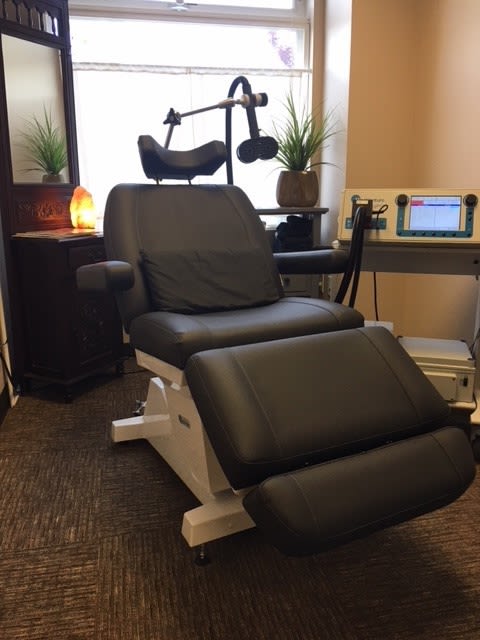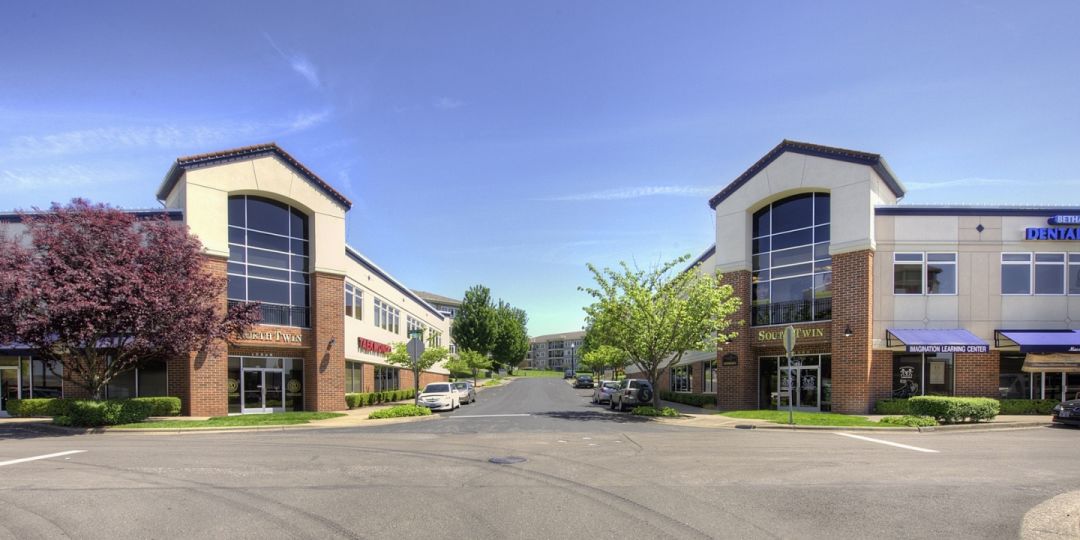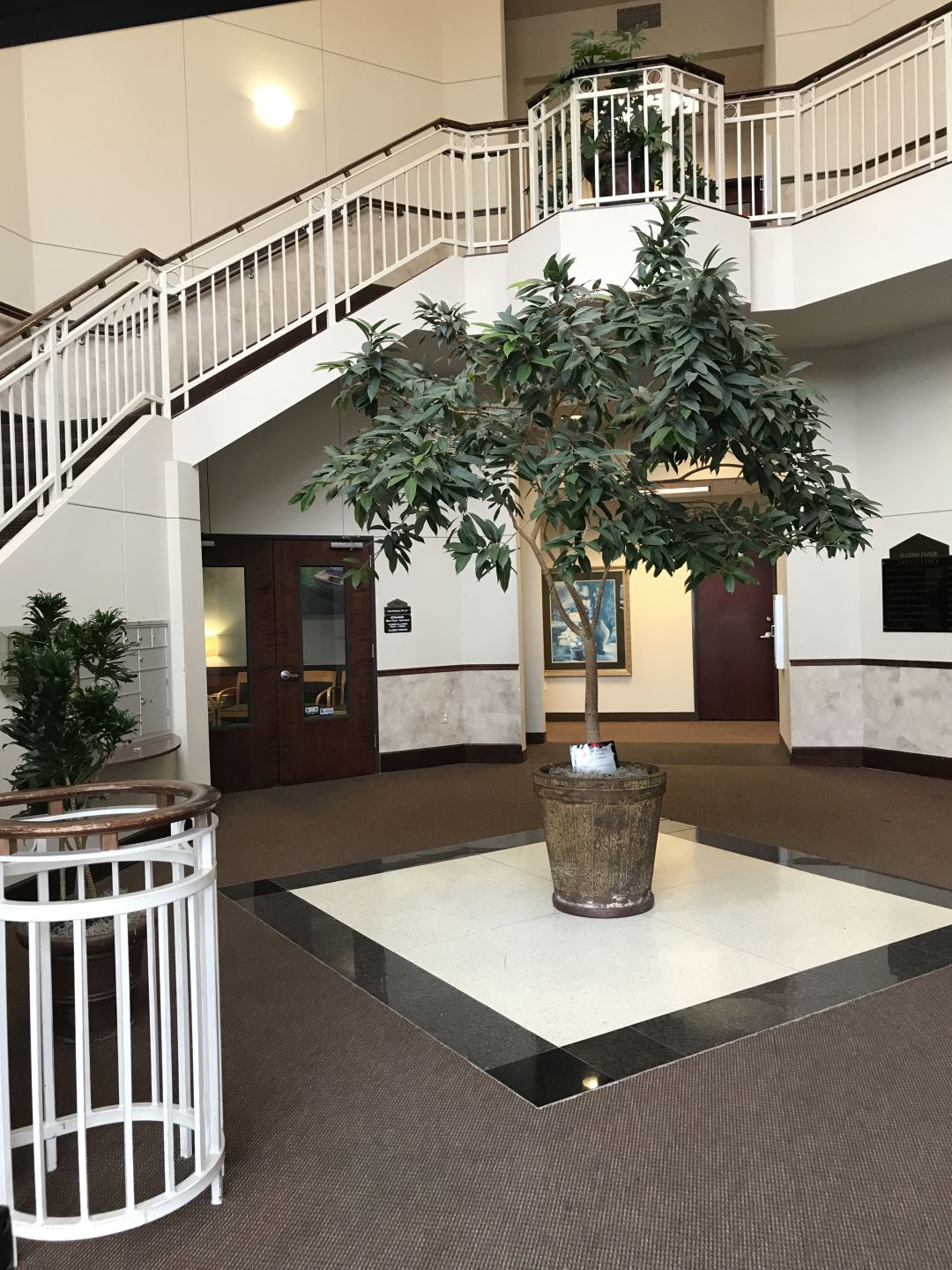Mindful-TMS Offers a Medication-Free Treatment for Depression at The Center for Human Holistics

Every year, millions of Americans suffer from depression, a crippling mental health disorder that pervades seemingly every part of the body and beyond, to social life and relationships, seemingly leaving nothing untouched. But, for all its extensive, debilitating power, depression, which can take on many forms, originates in very specific areas of the mind primarily when the neural circuits malfunction.
Though research continues to unlock secrets of the disease (and how to treat it), a problem remains with antidepressant medications – the difficult list of side effects. Pharmaceuticals can be effective, but their broad stroke methods can lead to unwanted consequences elsewhere; everyone has heard those commercials and hurried disclaimers of nausea, irritability, sexual dysfunction, fatigue or weight gain.
In medicine, it’s undeniable that the more precise the treatment, the better, especially when it comes to the brain. One such approach has been approved for depression by the FDA since 2008 – Transcranial Magnetic Stimulation (TMS) – and is offered by Keith Lowenstein, M.D. at The Center for Human Holistics in Portland, Oregon.

With more than a quarter century of clinical expertise in areas such as psychiatry, and integrative medicine, Dr. Lowenstein looks at the bigger picture with patients. “My assessment is comprehensive and includes wellness and lifestyle evaluation, addressing nutrition, exercise, sleep, plus any kind of mindfulness or self-regulatory practices that they engage in.” From there, his clinic develops a personally catered healing plan.
One avenue Dr. Lowenstein can offer patients experiencing depression is TMS. During this non-invasive treatment, patients will sit in a reclined chair, completely awake, as a magnetic coil is placed on their head. Over the course of a 20 to 40 minute period, trained technicians administer repetitive magnetic pulses to the prefrontal cortex, the region of the brain associated with depression disorders.
“Most people describe the feeling like a woodpecker tapping on part of their head, Lowenstein says. “There can be some discomfort, but the discontinuation rate is very low.”
The machine produces a sound similar to an MRI but much quieter. Earplugs are provided for comfort. Throughout this process, the brain is in a sense, readjusted. “As this magnetic field is being applied it generates its own electrical response within your brain,” says Lowenstein. This stimulation excites neurons related to mood regulation, shifting the patterns of activity back to a state of new equilibrium.
TMS does involve a measure of time commitment, requiring five treatments a week, for four to six weeks, but Lowenstein says, “people often come before work, or leave work a little early, or even come at lunchtime, we work closely with the patient to find a time that works for them.” Prior to beginning treatment, tests are also conducted to determine receptiveness and fine-tune dosage.
For most that try TMS, the positive results are worthwhile. “In our experience, most people respond remarkably well.”

Like most medical remedies, not everyone is eligible to undergo TMS. Certain types of depression, such as bipolar, are not typically treated with the technique, and metallic implants, among other factors, can disqualify patients. Most importantly, only those who have treatment-resistant disorders are authorized; the FDA requires at least one antidepressant failure, while insurance companies can require up to three or four other unsuccessful attempts with medication before they will cover the care.
Taking into account the upside and fairly minimal drawbacks, it’s valid to wonder why TMS is not more mainstream. “Physicians are busy and learning something new outside of their own specialty can be time consuming and challenging,” explains Lowenstein. “It takes time and effort to understand it. It’s slowly becoming more available. Our experience is that people feel much better. People often say that they feel like themselves again. As with medication, it does not help everybody.” Studies have shown that only 7%-16% of people respond to a 3rd - 4th attempt with an antidepressant where at least 66% of people who have not succeeded with 3 antidepressants respond to TMS”
Other conditions TMS is under study for include adolescent depression, obsessive compulsive disorder, post-traumatic stress disorder, anxiety, Asperger’s syndrome, and ADHD among others.

The Center for Human Holistics supplies educational resources for patients throughout the treatment and works congruously with other healthcare providers. Dr. Lowenstein has visited TMS-practicing clinics across the nation and received considerable training on the topic, “at this point in time you would have to consider it as a treatment for depression that’s not responding to medication. Depression can be debilitating. TMS should be offered to anyone who is having difficulties with medication resistant depression.”
For more information on TMS, visit www.humanholistics.com/transcranial-magnetic-stimulation, or contact The Center for Human Holistics at 503-601-7004
